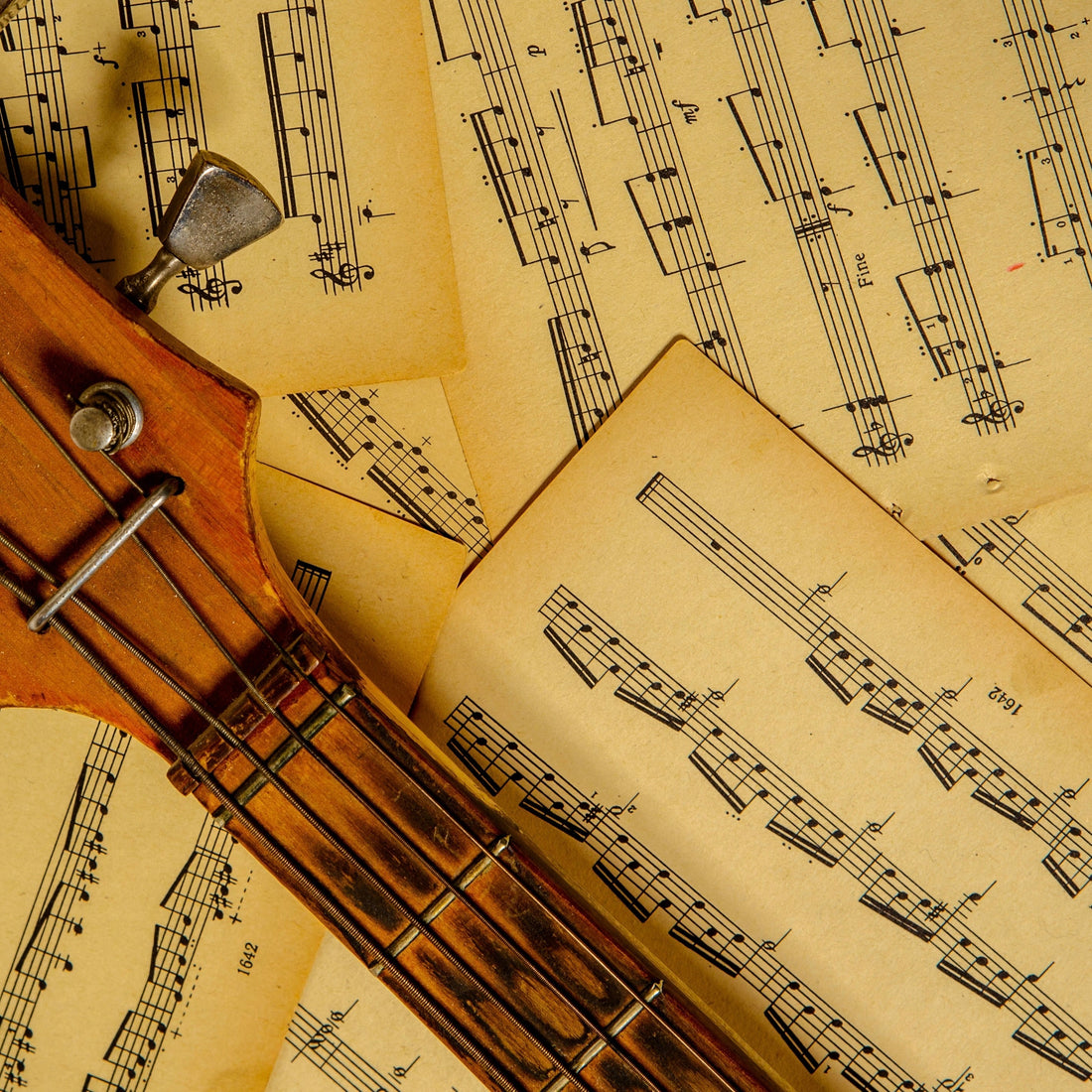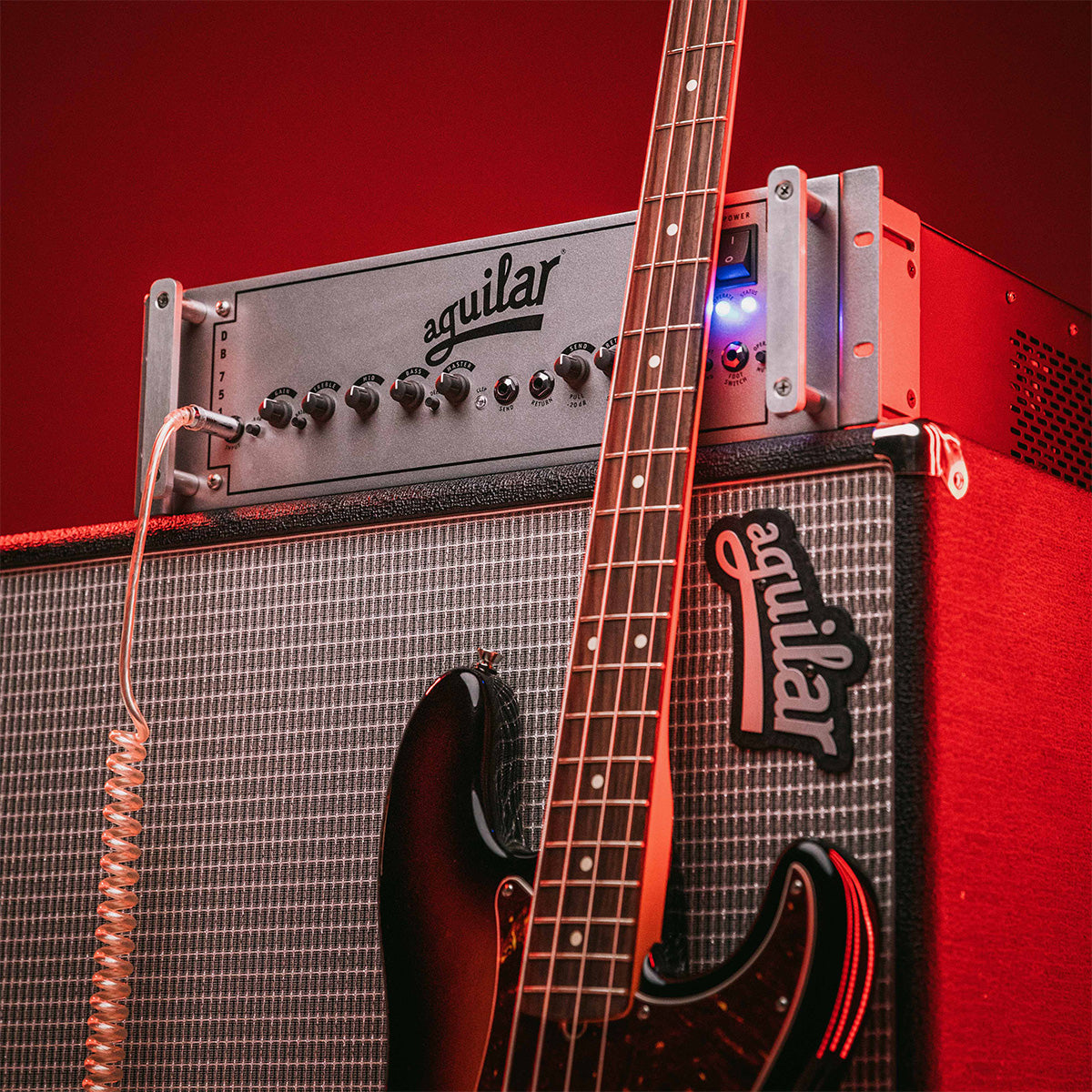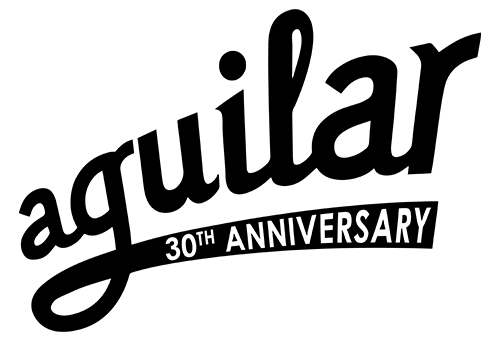
One of the most controversial and divisive topics among musicians is reading music. Over my forty years of teaching classes, shooting videos and writing articles like this one, I have seen skirmishes break out between those musicians who believe learning to read music is essential and those who think it is not. I want to avoid that happening this time, so I want to be very clear...
You do not need to learn how to read music to have a very full and rewarding life as a musician. There HAVE BEEN, ARE NOW, and WILL BE, countless successful musicians who do not read music. Full stop. That is an undeniable fact.
All that I want to share with you today are the benefits that come from being able to read music. If, after you have finished reading this article, you decide reading is still not for you, that is absolutely awesome, and I completely support your choice.
With that said, here are some of the benefits that musicians can enjoy by learning to read music.
Unlock a World of Inspiration:
Once you learn how to read standard music notation you will be able to access a nearly endless library of sheet music that covers every decade and genre. When I was writing music for an industrial metal band I was in back in the 90’s, an engineer suggested I listen to “Mars, The Bringer of War”, the iconic Classical music composition by Gustav Holst. I did listen to it and was so inspired by what I experienced that I wanted to dig in deeper, look under the hood, and see how I could incorporate some of its emotion and intensity in my own writing. I went to my local music store and bought the sheet music for “Mars, The Bringer of War”, rolled up my sleeves and got to work. I not only learned how to play certain parts of the orchestration on my bass, but by looking at the master score I could clearly see how the bass parts worked together with the orchestral instruments, which forever enhanced my own compositions.
The power of standard music notation is that it not only tells you what notes are being played, but how the notes should sound and what techniques are used. That is a lot of information that is shared, and it transcends time and language barriers!
Capturing and Releasing Ideas on the Go:
Being able to notate your music ideas whenever inspiration hits is incredibly powerful. Of course, recording your music is now very easy to do. Most smart phones can record quick voice memos, which is great, but it requires having an instrument with you. If you find yourself with a melody or bass line that pops into your head, as long as you have a pen or pencil and a piece of paper, you can quickly notate the idea so you can explore it later. You do not need to have perfect pitch, just strong relative pitch. You can write everything in the key of C and transpose it later when you get back to your practice room or studio. Best of all, you can hand your transcription to another musician, who can take it home and recreate your musical thought.
This happened to me recently when I was on vacation with my wife and daughter. My daughter is a successful choreographer, and she was asking if I could write her a song for a dance concept she was working on. As we talked things over, so many musical ideas came to me...but I was on a beach with no musical instruments in sight! Undaunted, I took out my iPad, which has a great music notation app on it, and right there, with my toes in the sand, I wrote out the bass line, melody and chord progression for the opening movement.
Making Rent:
If you are someone who relies on your musical talent to generate some or even all your income, knowing how to read music does make you more employable. I started my musical journey as a self-taught musician who could not read music, and it was occasionally quite stressful when the end of the month was coming up and I was still short on rent. After attending BIT and learning to read music, I had so many more opportunities for money-making gigs. I now had access to gigs such as local theater productions, playing in Churches, studio sessions and more.
With that said, learning to read music is not just for professional players. But it does have the benefit of helping you earn some money!
Your Brain on Sheet Music:
Learning to read music also benefits the quality of your life. The act of reading music notation stimulates various parts of the brain, improving your memory and overall cognitive function. Additionally, there are a number of clinical studies that show that reading music can slow age-related cognitive decline. In my research for writing this blog I found articles that covered how reading music is a great way to relieve stress and improve a person’s mental well-being. I can tell you that this has been the case for me!
In Summary:
If you have been thinking about learning to read music, I hope this blog has helped. We are living in an amazing time for learning this skill, as there are a plethora of online courses, in-person private lessons and books available. I do want to reiterate that you are not any less of a musician if you choose not to learn how to read music. No matter what you decide to do, just enjoy the music you play!
Story by Dale Titus
_______________
Dale has been a professional bassist for 40 years and during that time was an instructor/counselor at the Bass Institute of Technology, a freelance writer for Bass Player magazine as well as the Editor of Bass Frontiers magazine. He also released The Ultimate Beginner Series for Bass videos and book for Alfred Publishing, as well as the Everything Bass YouTube channel.


2 comments
Reading music opens up options for more diverse playing. For example, I’m currently playing in a Dixieland band, as well as playing lots of big band jazz. I’ve played a number of musicals over the years. All of these gigs require reading music. They provide real enjoyment for me. I don’t read tab, but I do read changes, including Nashville changes. The more tools you have, the more opportunities you have to play.
I play by ear and read some tab pls help me